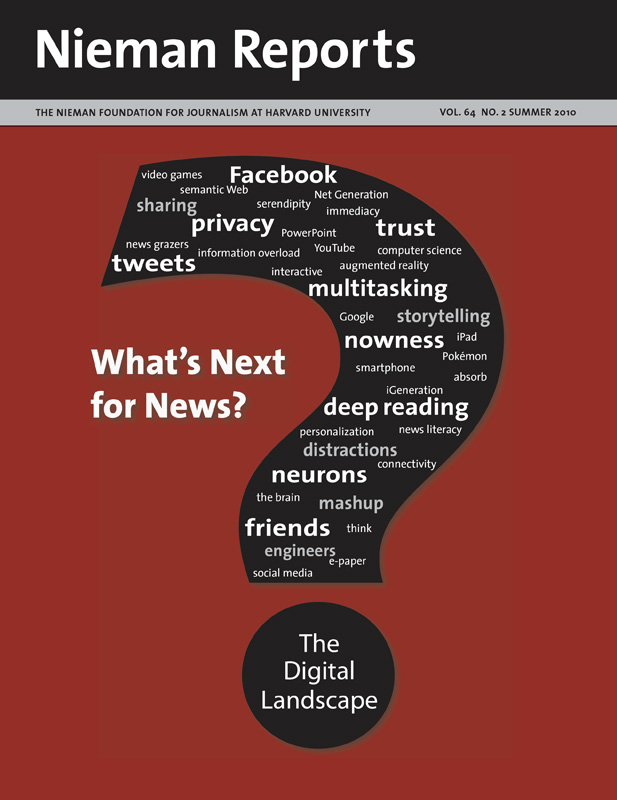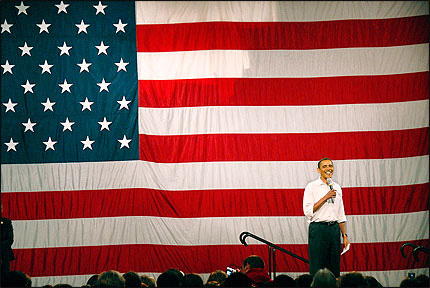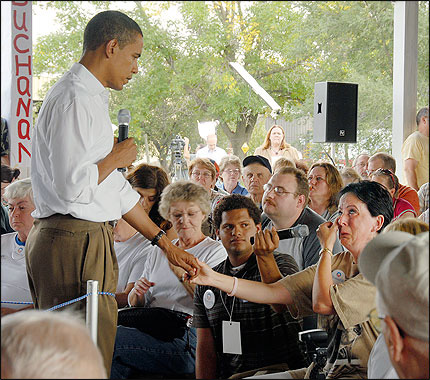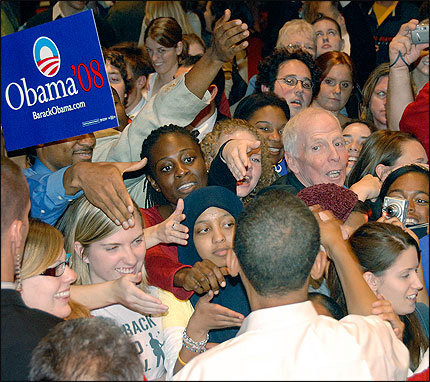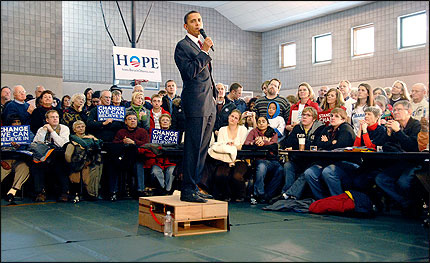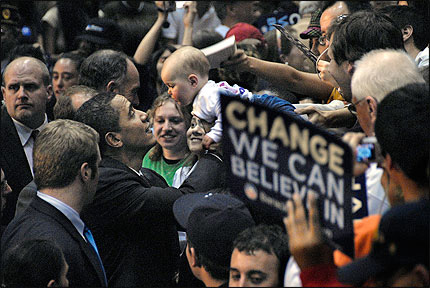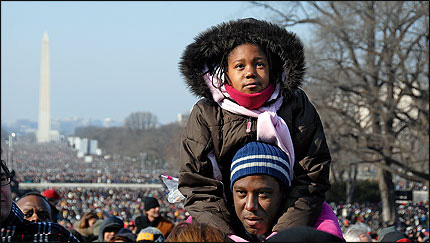On a surprisingly summery October afternoon in 2007 at a fairground in Independence, Iowa, Barack Obama’s sleeves were rolled up against a heat wave. In this region where cornfields were turning bronze, critics were making hay with the fact that Obama did not wear a lapel pin of the American flag. This was despite the fact that few of the presidential candidates, Democrat or Republican, consistently wore a pin.
“Tricky politics here for Barack Obama,” said an anchor for ABC News.
“A breathtaking misunderstanding of the symbolism of the American flag,” said a New York Daily News editorial.
The night before, Obama told a Cedar Rapids television station that he wore the pin for a while after 9/11 but stopped wearing one because it was often misused as a “substitute for, I think, true patriotism.” Then, at this event, which I happened to be covering as a columnist for The Boston Globe, Obama spoke on the issue for the first time.
“Somebody noticed I wasn’t wearing a flag lapel pin and I told folks, well you know what? I haven’t probably worn that pin in a very long time,” Obama said. “I wore it right after 9/11. But after a while, you start noticing people wearing a lapel pin, but not acting very patriotic. Not voting to provide veterans with resources that they need. Not voting to make sure that disability payments were coming out on time.”
He continued, “My attitude is that I’m less concerned about what you’re wearing on your lapel than what’s in your heart.”
Obama spoke about flag pins with a giant American flag draped behind him. Besides my pen, pad and tape recorder, I also had my camera. Things clicked for me and I started clicking away. Here he was, negotiating the classic tortured straits of African Americans, having to go an extra measure to affirm his patriotism before a flag that historically was a blind sentinel on America’s torture of black people. Yet, if he won, this black man would represent this flag as arguably the most powerful man on earth.
For two years beginning in February 2007, I took photographs as I traveled across America covering the Obama campaign. A selection of those images, “From Iowa to the White House: Historic Photos of President Barack Obama,” was displayed at the Museum of African American History in Boston, Massachusetts earlier this year.
Many people ask me what it was like to be in Chicago’s Grant Park the night of Obama’s election. I will most remember the crowd of 125,000 people saying the Pledge of Allegiance. Like so many Americans, I grew up with highly conflicted feelings about the pledge and the flag. Now 54, I am the son of parents who fled segregated Mississippi for the factories of Milwaukee. My mother, a light-skinned African American, told me white co-workers invited her to picnics but asked her not to tell her darker co-workers. She refused those invitations.
I was too young to be part of the civil rights movement, but old enough to adorn myself with the artifacts of anger, like my “Free Angela Davis” button. Old enough to protest the exclusion of Africa from my high school world history class and to get called before the vice principal for writing a review of “The Autobiography of Malcolm X.” I was a beneficiary of a decent public school education, affirmative action, and the Kerner Commission report that said America needed more black journalists. But after getting in the door, I saw too many ceilings still placed against the aspirations of my colleagues. To this day, African-American journalists comprise only 5 percent of newsroom staff.
I wrote in the Globe that I had never in my life heard such a multicultural throng recite the pledge with such determined enunciation, expelling it from the heart in a treble soaring to the skies and a bass drumming through the soil to vibrate my feet. The treble and bass met in my spine, where “liberty and justice for all” evoked neither the clank of chains nor the cackle of cruelty, but a warm tickle of Jeffersonian slave-owning irony: Justice cannot sleep forever.
That was a long way from 1847 when Frederick Douglass said, “I have no patriotism” for a nation that does “not recognize me as a man.” Given that Douglass spoke in the Museum of African American History’s historic African Meeting House in Boston, it is the best of full circles. As the award-winning, Boston-based photographer Lou Jones wrote in 2006, “Stories are ephemeral. Memories fade. Photographs do not. Photographers bring back permanent proof of things never before seen.”
Derrick Z. Jackson, a 1984 Nieman Fellow, is a columnist at The Boston Globe.


